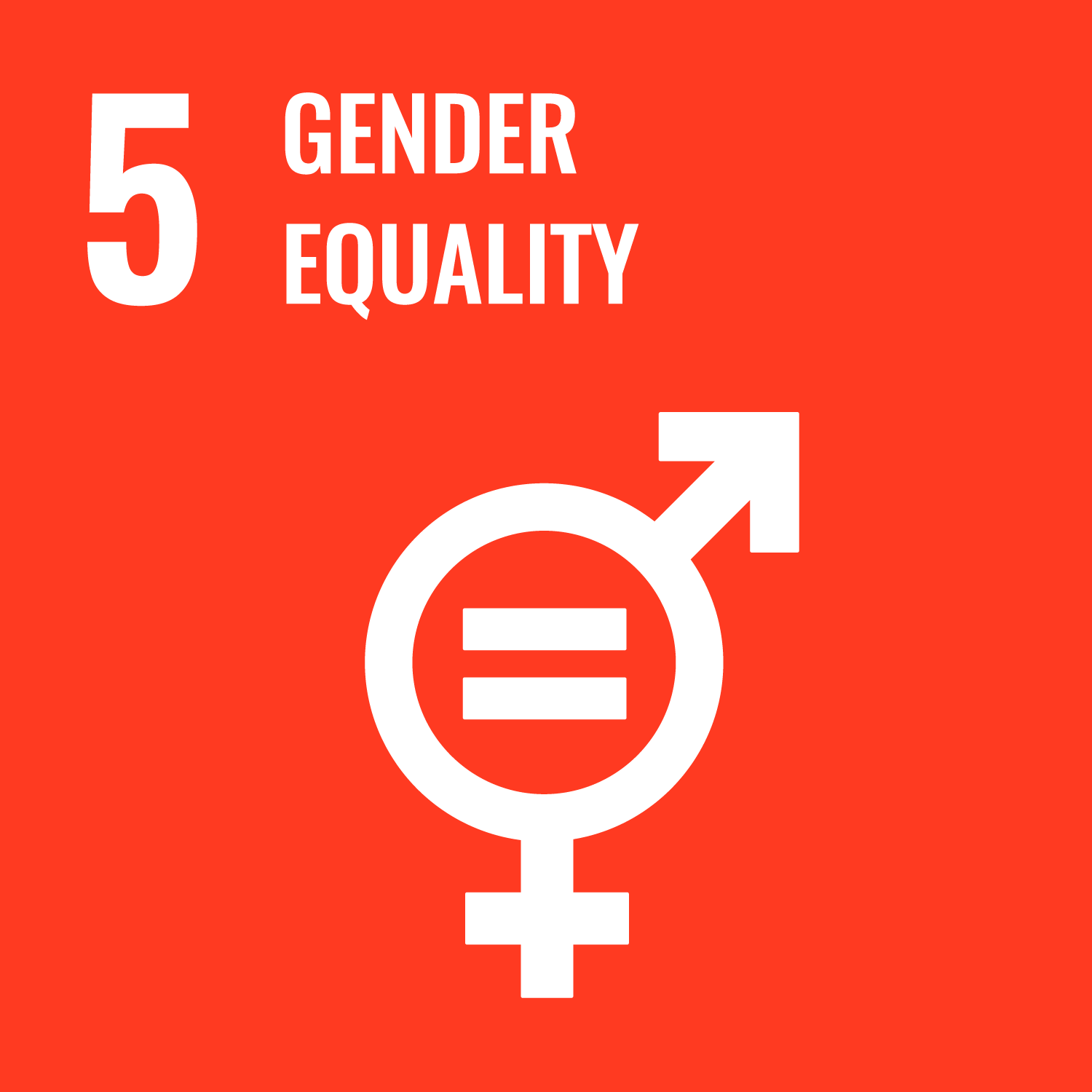Impact-Linked Fund for Education
Aligned SDGs


- Impact-Linked Fund for Education
- General overview
- Intervention
- Target population
- Location
- Outcome metrics
- Last data update
- Spreadsheet of data
- Impact-Linked Fund for Education
- General overview
- Intervention
- Target population
- Location
- Outcome metrics
- Last data update
- Spreadsheet of data
General overview
Stage of development: Final negotiations
Policy sectors: Education
Type of instrument: Social Impact Incentives (SIINC) / Technical Assistance and Market-building program (Must involve dedicated grant resources)
Delivery locations: Irak / Sierra Leone / Egypt / Jordan / Lebanon / Liberia / South Africa / Zambia
Country classification: Low-income / Lower-middle-income / Upper-middle-income
Expected launch date: Q1 - 2022
Project design process began: Q1-2021
Max potential outcome payment: USD 13m
Intervention
Social or environmental challenge
According to the UN, over 265 million children globally are currently out of school and 617 million lack minimum proficiency in reading and mathematics. In Sub-Saharan Africa, for example, more than 60% of pupils cannot read or write at the end of primary school. Many innovative education enterprises in developing and emerging economies do not have access to appropriate financing to scale up and create additional impact. Furthermore, these enterprises face a lack of incentives to achieve greater and deeper impact.
Description of the intervention
High-impact education enterprises provide innovative, sustainable and inclusive solutions in their respective region and field of activity
Target population
Vulnerable, low-income children and youth in (pre-)elementary and secondary school age.
Location
Country:
- Sierra Leone
- Iraq
- Liberia
- Zambia
- Egypt
- Lebanon
- South Africa
- Jordan
Locality:
- Irak
- Sierra Leone
- Egypt
- Jordan
- Lebanon
- Liberia
- South Africa
- Zambia
Outcome metrics
- Each case specific. Examples: improved learning outcomes, improved school attendance, improved quality of in class teaching , improved teacher satisfaction and retention rates, lower administration costs per learner, increased hours of in-class teaching, improved quality of in-class teaching.
Last data update
Data for this pipeline instrument was last updated in April 2022
You might have noticed that some pipeline projects have more data than others. This is because organisations can share as much data as they want with the INDIGO initiative. If you have more data on one of these pipeline projects and would like to share with us, please get in touch at indigo@bsg.ox.ac.uk. Our full list of variables and data definitions can be found here.
Spreadsheet of data
Important Notice and Disclaimer on INDIGO Data
INDIGO data are shared for research and policy analysis purposes. INDIGO data can be used to support a range of insights, for example, to understand the social outcomes that projects aim to improve, the network of organisations across projects, trends, scales, timelines and summary information. The collaborative system by which we collect, process, and share data is designed to advance data-sharing norms, harmonise data definitions and improve data use. These data are NOT shared for auditing, investment, or legal purposes. Please independently verify any data that you might use in decision making. We provide no guarantees or assurances as to the quality of these data. Data may be inaccurate, incomplete, inconsistent, and/or not current for various reasons: INDIGO is a collaborative and iterative initiative that mostly relies on projects all over the world volunteering to share their data. We have a system for processing information and try to attribute data to named sources, but we do not audit, cross-check, or verify all information provided to us. It takes time and resources to share data, which may not have been included in a project’s budget. Many of the projects are ongoing and timely updates may not be available. Different people may have different interpretations of data items and definitions. Even when data are high quality, interpretation or generalisation to different contexts may not be possible and/or requires additional information and/or expertise. Help us improve our data quality: email us at indigo@bsg.ox.ac.uk if you have data on new projects, changes or performance updates on current projects, clarifications or corrections on our data, and/or confidentiality or sensitivity notices. Please also give input via the INDIGO Data Definitions Improvement Tool and INDIGO Feedback Questionnaire.